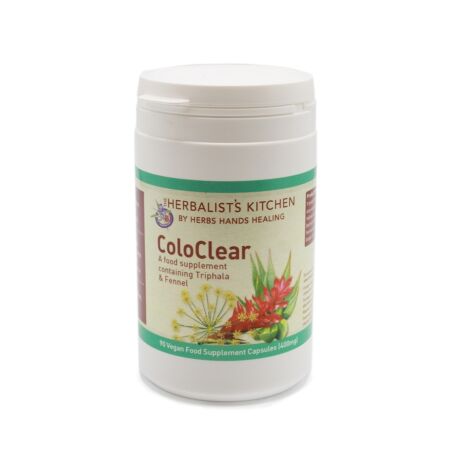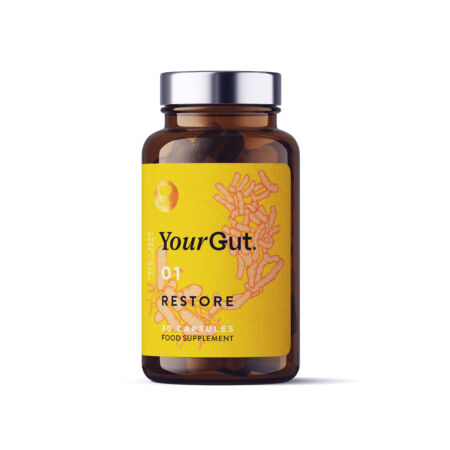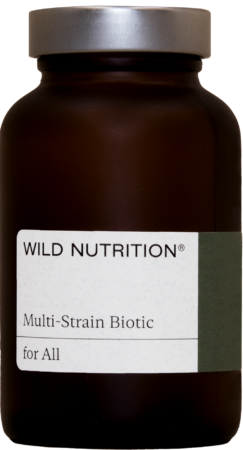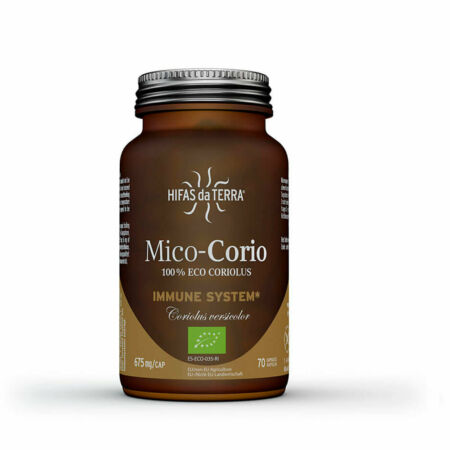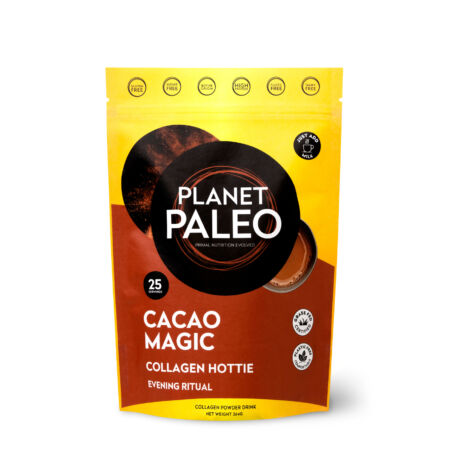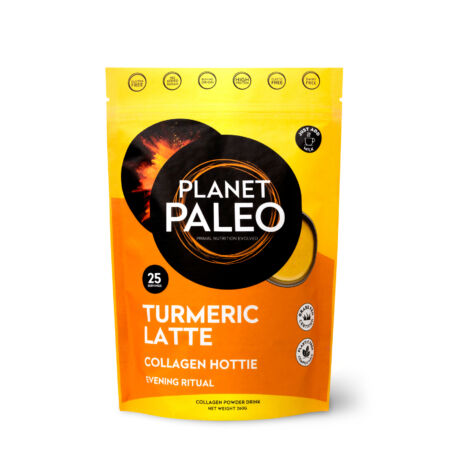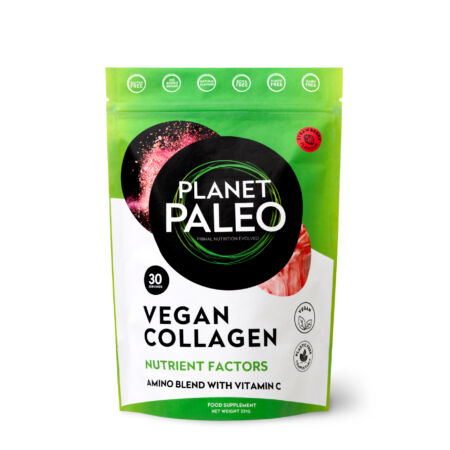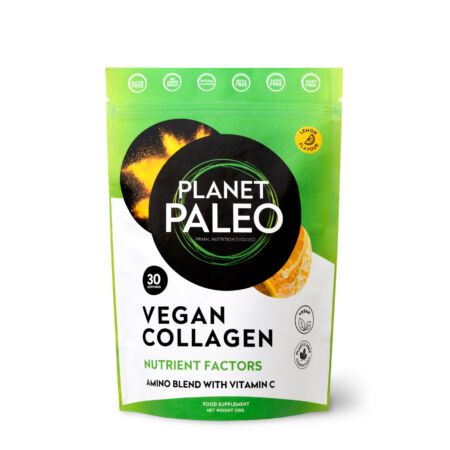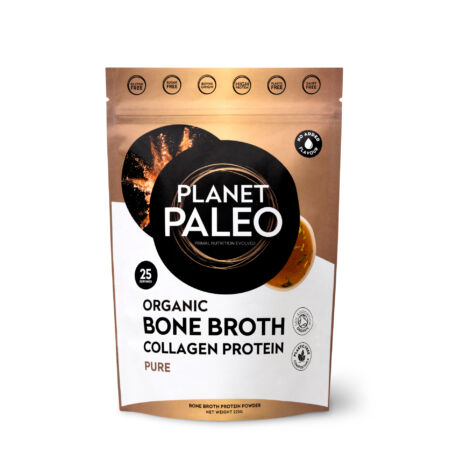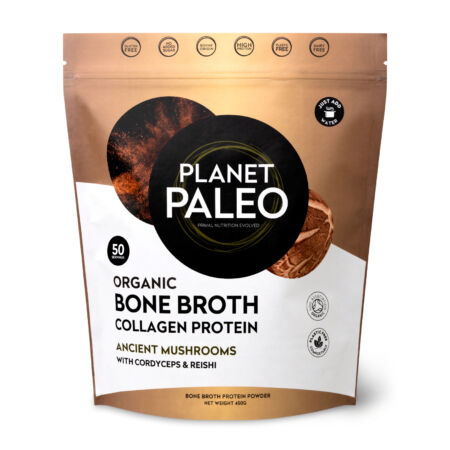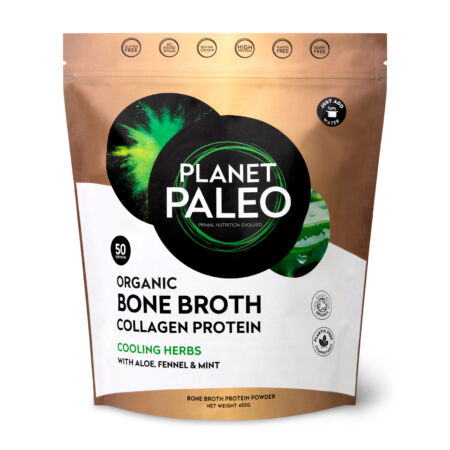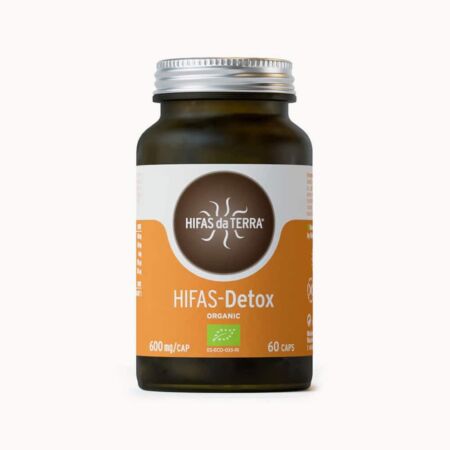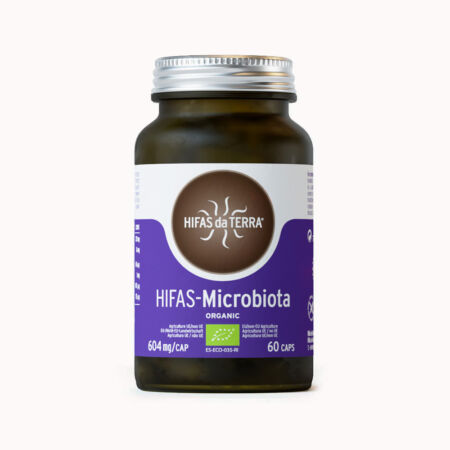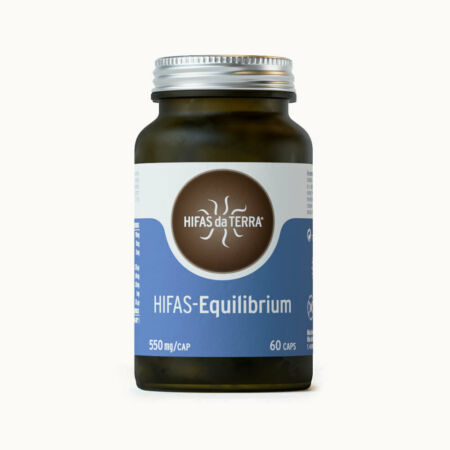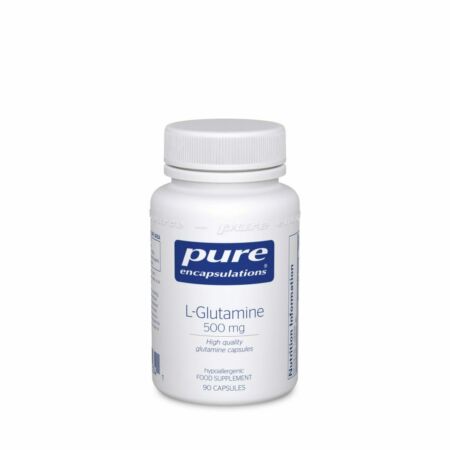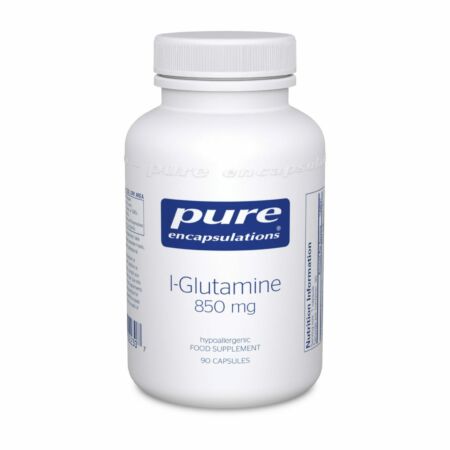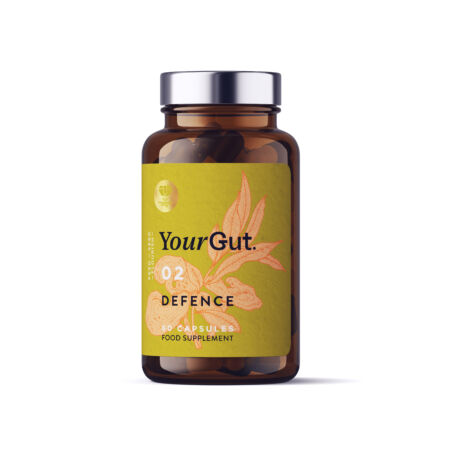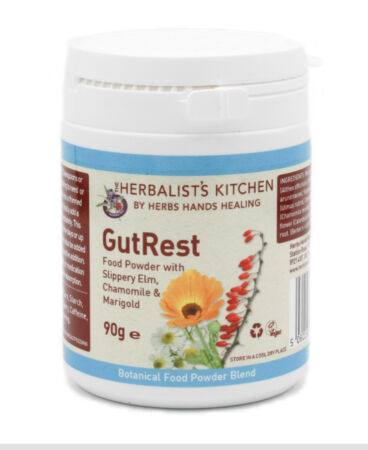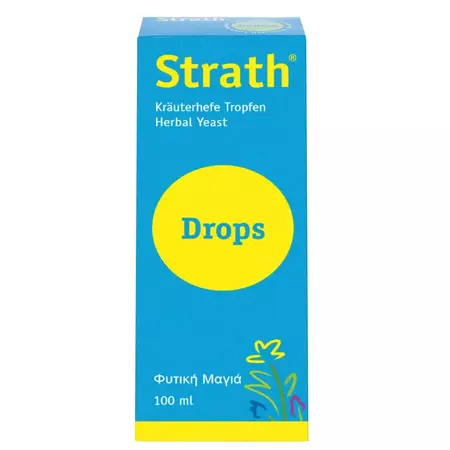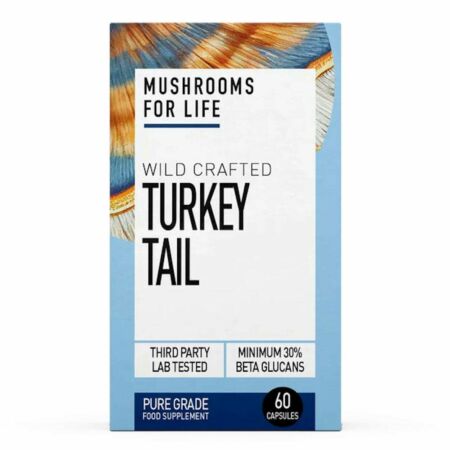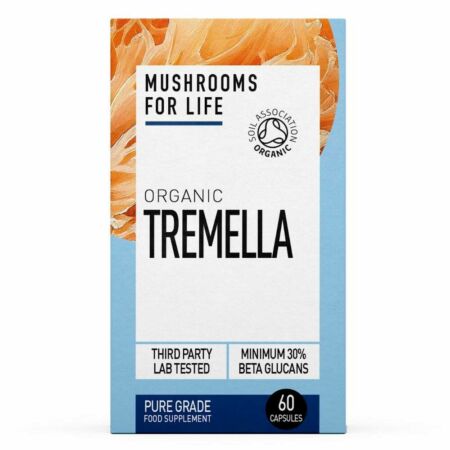Leaky gut syndrome is a condition whereby the gut lining allows unwanted particles to pass into the bloodstream. The immune system detects this foreign matter, and initiates an immune reaction; often causing autoimmune conditions.
What is leaky gut syndrome?
Leaky gut syndrome is a condition whereby the gut lining allows unwanted particles to pass into the bloodstream. This is problematic for the immune system which detects this foreign matter, and initiates an immune reaction; often causing autoimmune conditions. Nutritional therapy plays a big role in the integrity of the gut lining. Practices to reduce stress such as lifestyle changes and supplementation can also help.
The gut barrier has an important job to protect us from foreign matter which does not serve us nutritionally, such as vitamins, minerals, carbohydrates, fats and proteins from food. A functioning gut barrier is tightly structured so as to not allow larger unwanted molecules from entering our bloodstreams, such as partially digested food, toxins and bacteria. When this happens, the immune system speedily mounts an antibody reaction to this foreign matter, often resulting in irritation and inflammation.
Another setback of having this foreign matter in the bloodstream is the extra work it creates for the liver. The liver is our main organ of detoxification, it works minute by minute to rid the body of toxic substances. With leaky gut and the burden the liver has to carry from this extra work, can hinder the detoxification process in general, leading to additional health problems.
Symptoms of leaky gut:
Abdominal pain
Diarrhoea
Indigestion
Bloating
Constipation
Fatigue
Allergies
Mood Swings
Skin problems
Joint pains
Headaches
Poor memory
Brain fog
Recurrent infections due to poor immunity
Worsening autoimmune conditions
Common causes of leaky gut
Imbalanced gut flora: A balance of friendly bacteria in the gut work to keep overgrowth of certain bacteria and fungi such as Candida at bay. Such overgrowth can result from the long-term use of antibiotics.
Intestinal parasites: Intestinal parasites can affect the functioning of the gut wall by using damage to the gut lining and therefore may result in a leaky gut.
Coeliac disease: Coeliac is an allergy to the gluten protein found in grains including wheat, barley, rye and cross-contaminated oats. For people with coeliac disease, the presence of gluten in the digestive system causes an immune response, which, in itself, damages the gut lining.
Lactose intolerance: In a similar fashion to Coeliac or gluten sensitivity, lactose intolerance is another immune response in the gut that can lead to increased intestinal permeability.
Insufficient digestion: Digestion may be hindered by factors such as insufficient digestive enzymes and/ or low stomach acid. This may result in partially undigested food entering the large bowel, which can cause issues in the gut lining.
Chronic stress: Stress states with high cortisol levels for prolonged amounts of time, suppresses the functioning of the immune system. This also affects the blood supply to the gut, resulting in impeded digestion, through the functioning of the intestinal tract. A low-functioning immune system also creates greater susceptibility to an invasion by disease-causing organisms.
Pharmaceutical drugs: Non-steroidal anti-inflammatory drugs, including painkillers such as aspirin and ibuprofen, can result in a leaky gut. Other medications with this effect include the contraceptive pill.
Chemotherapy: Chemotherapy is designed to kill cancer cells, yet it also damages our own body cells, particularly the rapidly dividing cells, such as the cells comprising our gut lining. This is why gut issues linked to intestinal permeability is therefore a side effect of chemotherapy.
Management of leaky gut
The main way to address leaky gut is through nutritional therapy:
- Prebiotic and probiotic containing foods help to aid the growth of beneficial gut bacteria to protect and repair the gut lining.
- Remove foods which may exacerbate inflammation, promote the growth of unhealthy gut bacteria and trigger symptoms such as bloating, constipation and diarrhoea. If you are already aware of certain foods that you are sensitive or allergic to, it is crucial to cut out these foods while heating the gut.
- Supplements are useful to rebalance bacteria, correct the digestive process by addressing low stomach acid and digestive enzymes and supporting the liver. Supplements provide a concentrated dose of nutrients to heal the gut wall.
Recommended dietary suggestions for leaky gut
Vegetables: Broccoli, Brussels sprouts, cabbage, carrots, kale, beetroot, Swiss chard, spinach, ginger, mushrooms and zucchini.
Roots and tubers: Potatoes, sweet potatoes, yams, carrots, squash and turnips.
Fermented vegetables: Kimchi, sauerkraut, tempeh and miso
Fruit: Coconut, grapes, bananas, blueberries, raspberries, strawberries, kiwi, pineapple, oranges, mandarin, lemon, limes,
passionfruit, and papaya.
Sprouted seeds: Chia seeds, flax seeds, sunflower seeds, and more.
Gluten-free grains: Buckwheat, amaranth, rice (brown and white), sorghum, teff, and gluten-free oats.
Healthy fats: Avocado, avocado oil, coconut oil, and extra virgin olive oil.
Fish: Salmon, tuna, herring, and other omega-3-rich fish.
Meats and eggs: Lean cuts of chicken, beef, lamb, turkey, and eggs.
Herbs and spices: All herbs and spices.
Cultured dairy products: Kefir, yoghurt, Greek yoghurt, and traditional buttermilk.
Beverages: Bone broth, teas, coconut milk, nut milk, water, and kombucha.
Nuts: Raw nuts, including peanuts, almonds, and nut-based products, such as nut milk.
Supplements suggestions for leaky gut
Zinc, vitamin A and vitamin D are important nutrients for the integrity of the gut lining. (link to supps on website -beta carotene, D and Zinc)
Glutamine and collagen are well-known for their effect on strengthening the gut lining. Try these as a supplement for 6-8 weeks to help with closing the tight junctions.
The medicinal mushroom Lions Mane contains prebiotics called beta glucans which are immune supportive, support the mucosal barrier and also feed good gut bacteria. For more information about Lions Mane click here.
Probiotics provide the digestive tract with beneficial bacteria which have multiple positive actions on health. One of their roles is to help keep the integrity of the gut lining by managing the mucosal layer. They also help to fight off pathogenic bacteria which reduces inflammation. We like Viridian Daily High Strength, Your flora Terrain, Yourgut Restore and Wild Nutrition Multi-strain Biotic.
N-acetylcysteine (NAC) is a supplement which is the precursor to our master antioxidant, glutathione. In addition to its antioxidant status, it reduces endothelial dysfunction and inflammation in the digestive tract. (We like Viridian NAC and Pure Encapsulations Liver GI).
Molkosan is rich in a substance known as L+ lactic acid which is now known to support the growth of good gut bacteria.
Aloe vera is a lovely gut lining soother. It Is a nice drink to incorporate during times of intestinal inflammation (We like Pukka Aloe Vera and Kiki Health Aloe Ferox).
Testing for leaky gut
The Intestinal Permeability Profile is a finger prick test that looks at serum Zonulin levels. Zonulin is a protein that is synthesized in intestinal cells and liver cells. It is a key biomarker for intestinal permeability. Zonulin is also addressed in the comprehensive stool sample so it may be beneficial to look at that test for a more comprehensive analysis of your digestive health.
GI Effects is a comprehensive stool analysis test which identifies the microbiome population, digestive enzymes, inflammatory markers and pathogenic bacteria, yeasts, parasites and viruses. The results from this test can be used to devise a personalized protocol based on your own ecosystem to help improve microbial balance and restore health there.
SIBO which stands for Small Intestinal Bacteria Overgrowth, happens when bacteria which should reside in our large intestines, actually end up in our small intestines (where they shouldn’t really be). This can cause symptoms of IBS including chronic diarrhea. The SIBO test is a breath test which measures hydrogen and methane levels which can determine if and which type of bacteria are in your small intestine. The practitioner can then devise a specific protocol to help eradicate the bacteria in the small intestine.
Coeliac and Gluten Sensitivity Panel: this test looks at the immune antigens associated with gluten sensitivity and coeliac disease – two common reasons for chronic diarrhea.
Other testing options are the Food Sensitivity Test.




